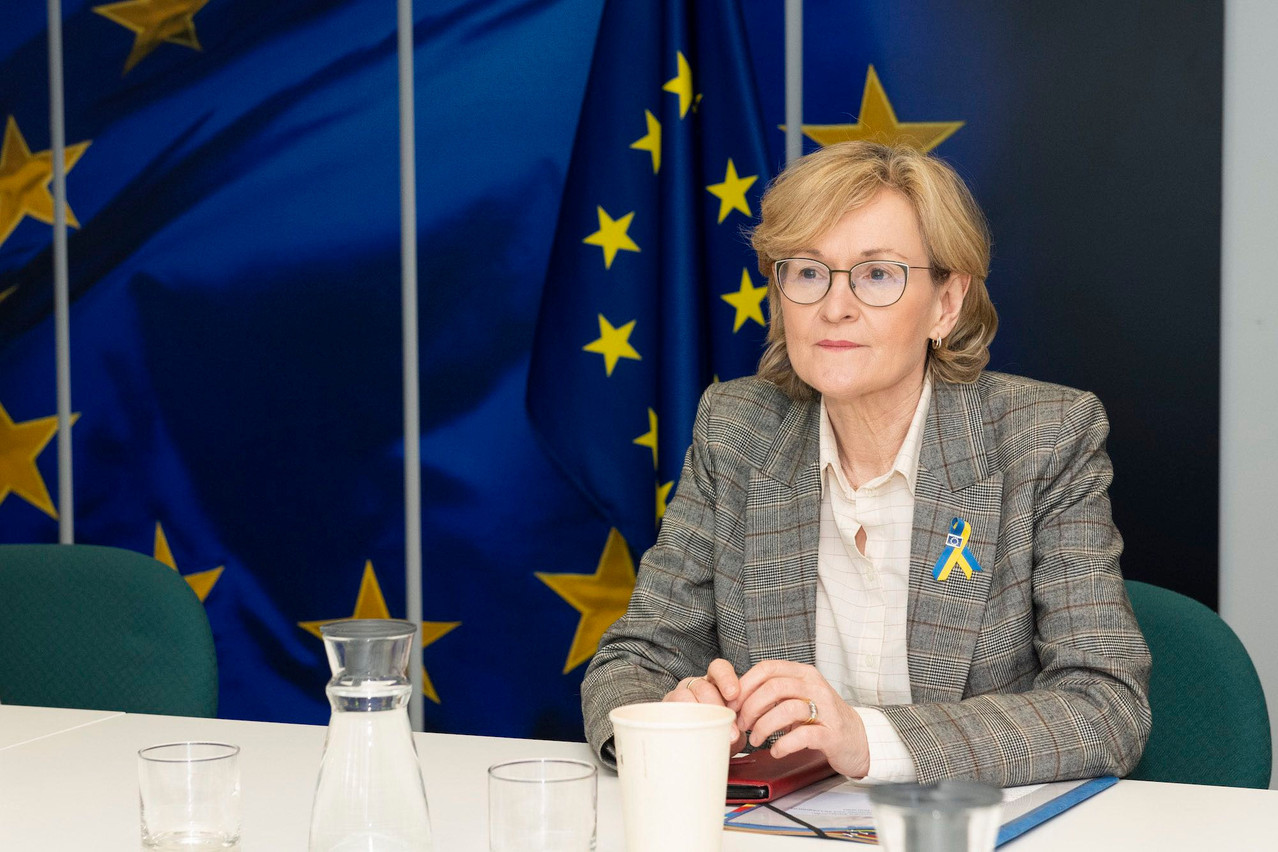Mairead McGuinness told fund industry executives that there is “room for targeted improvements” in fund delegation rules, which currently allow different management and operational functions to be handled by different business units or service providers in more than one country. The practice is widely used by Luxembourg-domiciled investment funds.
McGuinness was speaking in a recorded video address delivered to the Association of the Luxembourg Fund Industry’s European Asset Management Conference on Wednesday.
The European Commission had not proposed “a total overhaul of delegation rules,” she stated. McGuinness acknowledged that the delegation model “allows efficiency” for fund firms and gives them access to specialists that may not be located in their home jurisdiction. Nevertheless, the draft changes would introduce peer reviews between national regulators and set a minimum number of employees in an EU member state, among other revisions.
The changes “are proportionate and do not jeopardise the business model” of fund firms, McGuinness argued.

Michèle Eisenhuth of Arendt & Medernach said proposed changes to the EU’s Alternative Investment Fund Managers Directive would “align certain requirements”-- such as those covering substance, delegation and liquidity management tools--with the Ucits rules that govern retail investment funds. Library picture: Michèle Eisenhuth is seen speaking at an Alfi conference, 25 September 2018. Photo credit: Association of the Luxembourg Fund Industry
Speaking at a separate session the same day, , a partner at the law firm of Arendt & Medernach, said the point of the reforms was to ensure firms did not set up “letterbox entities”.
She flagged one provision of the draft rules that would require funds which delegate more tasks than they retain to submit a specific report to their national regulator and the European Securities and Markets Authority. Eisenhuth said it was unclear how those bodies would treat the filings.
, head of the Luxembourg financial regulator CSSF, said at the Alfi conference on Tuesday that a focus on quantitative parameters was “”.
Eisenhuth explained that the European Parliament is expected to vote on the proposed rules during the fourth quarter of 2022. There would then be a two-year implementation period.
